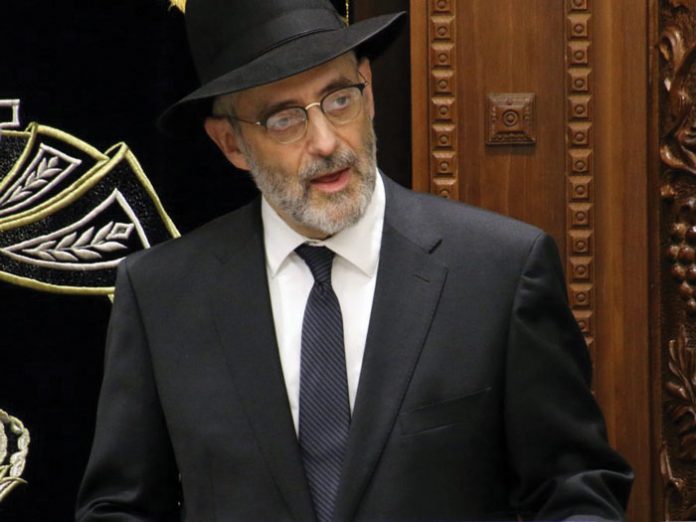Congratulations on another convention that is now behind you.
That’s true. The behind us part is an important part of the congratulations.
I know that this year is special because it was right before the Siyum HaShas.
Until not that long ago, we didn’t think we would have a convention this year. It was an internal ongoing debate. At one point we decided not to have a convention at all because it’s too close to the Siyum HaShas. Then we decided to have a different kind of convention—what we would call a traveling convention that would go to three or four different locations—but not a hotel-based convention, which is a lot more work. But at the end, we decided to do it, largely because we heard from many people in the public who asked us to please have a convention because it’s an important part of their yearly injection of this kind of asifah and they look forward to it very much and it means a lot to them. They asked that we shouldn’t allow the Siyum to push it aside, and in the end we decided that they’re right. And they were right.
So it was a regular convention.
Yes. We had a shorter amount of time to work on it and perhaps less manpower to work on it internally, but, baruch Hashem, the place sold out, and the program was very enjoyable, successful, inspirational and had a lot of tochen. Baruch Hashem, we’re hearing lots of positive feedback and reviews, and I hope that the excitement from the convention will give us further momentum moving into the upcoming Siyum.
From my own personal perspective I can’t see how what you’re doing at the Siyum would interfere with the convention or vice versa. They’re two different goals and types of messages, so you would have lost that this year if you hadn’t done the convention. Tell me about the program itself. I know that you spoke a little about the ongoing challenges facing klal Yisrael.
If you’re talking about anti-Semitism, there was a major session on Sunday about that with Rabbi Sholom Kamenetsky, Malcolm Hoenlein and Avi Schnall; they spoke very well about that very important topic.
In my own remarks I spoke a little about anti-Semitism, but I expanded it somewhat into how the direction of the society around us, both politically and culturally, is moving in the direction of secularism and anti-religion in general. We see that in a number of different ways, and I see that as an essential part of the progressive agenda. The political progressives are very much trying to progress from somewhere to somewhere. The “from somewhere” is an essentially religious society and the “to somewhere” is a very secular society, where if you believe in the traditional truths of the Bible you’re a bigot. And if you have a tax-exempt status and want to keep it, you’d better embrace the new secular theology and get away from your religious roots. And if you want to maintain government support for your schools, you have to make sure that your schools teach respect for and in no way denigrate the new definition of marriage or anything like that.
That’s the sort of direction that we see society moving in, and it’s a double-whammy. You have the hatred directed at Jews because we’re Jews, and then you have specifically a lot of new challenges because society around us is moving away from religious values towards secularism.





















